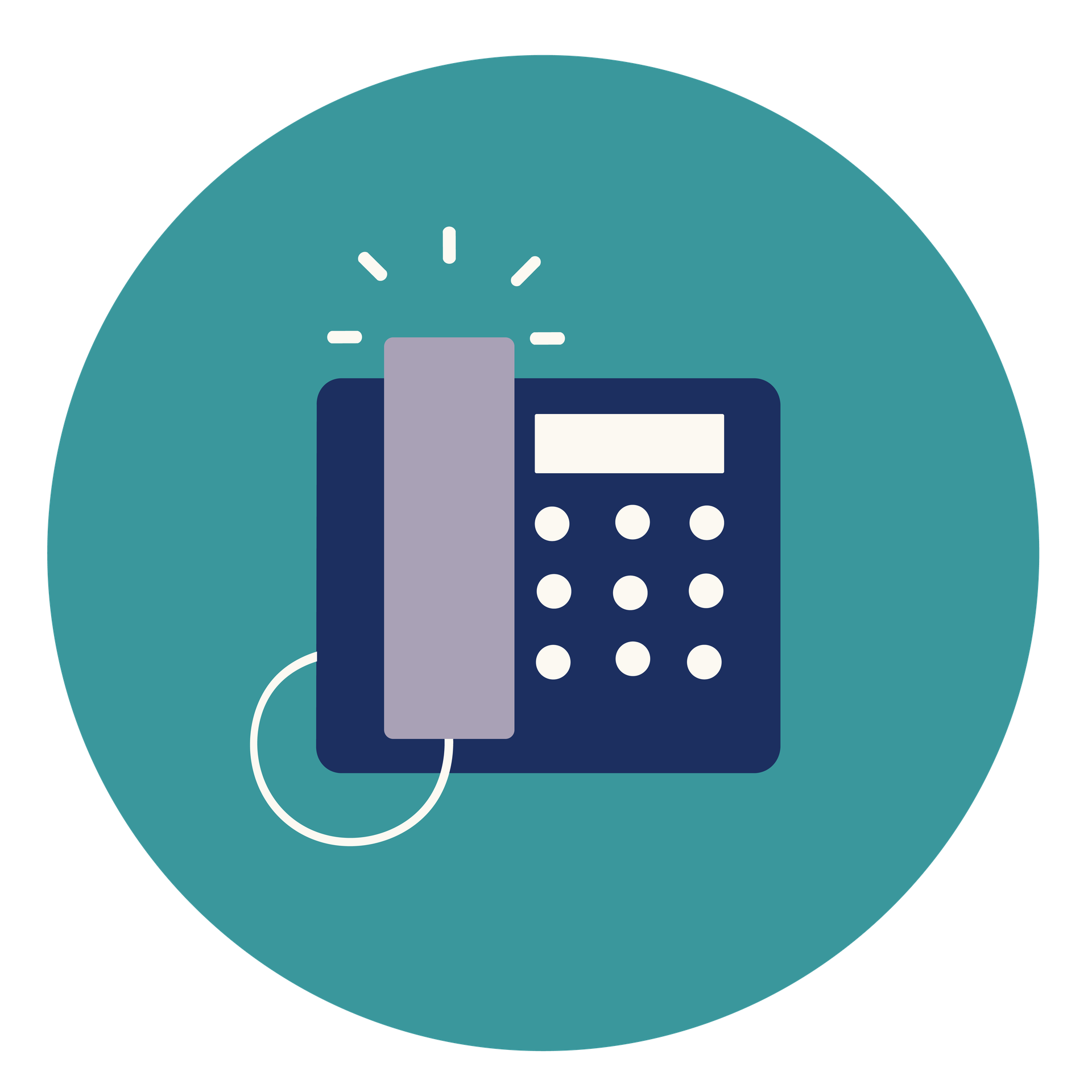
If you’ve stopped by our blog before, you know that we’re big believers in the importance of quick and friendly phone answering for today’s businesses (and if this is your first time here, welcome!)
However, knowing that something is important—and actually following through on it—don’t always go hand in hand. If they did, we wouldn’t receive a lecture on “flossing more” every time we visited the dentist.
For some, a rewarding call with a client, customer, or prospect is something to look forward to. For others, a ringing phone might as well be nails on a chalkboard.
If you fall into the second category, know that you’re not alone! A lot of people dislike or straight-up dread phone calls, and some will go to great lengths to avoid them. In this article, we’ll explore why calls can be so darn difficult, along with some tips to help you conquer (or at least confront) phone phobia.
Why it can be so hard to pick up the phone, and what to do about it
Knowing how to end a phone call gracefully can be its own challenge. But for those who suffer from telephobia, the trouble starts before they even start dialing.
There’s plenty of reasons why calling someone can feel so daunting. Maybe you’re worried about saying the wrong thing, or maybe you don’t like the sound of your own voice. If it’s a business call, a fear of failure can make even the simplest sales pitch feel like an episode of Shark Tank.
If you find yourself hesitating each time you reach for the phone, give these strategies a try:
- Get prepared: Knowing is half the battle for any conversation. The more you know about the person on the other end of the line, the easier it will be for you to answer unexpected questions.
- Speak slowly and deliberately: Worried about your voice sounding shaky? Help yourself sound more confident by slowing things down and focusing on proper enunciation.
- Recognize that we all make mistakes: There’s no reason to lose sleep over an awkward phone interaction; we all have them! Instead, take time to reflect on each conversation and grow through experience.
Understanding phone anxiety
Picture this: someone’s knocking loudly at your door right now.
Knock!
Knock!
Knock!
How do you feel? Is your heart beating a little faster than it was a moment ago?
True story: The other morning, I was sitting at my desk, enjoying a cup of coffee, when all of a sudden someone started pounding—and I mean, clobbering—at my door. They then rang the doorbell three times in a row. I was trembling when I opened the door.
Turns out, it was an off-duty firefighter who had found a phone on the sidewalk near my house and thought it might be mine (it wasn’t). Anyway, that part doesn’t matter. The point is I no longer needed coffee after the ordeal. It took a few minutes for my heart rate to return to normal.
Phone calls are kind of like that for some people.
Particularly younger people. 76% of millennials now say they experience anxious thoughts whenever the phone rings—and 61% avoid answering calls altogether. Gen Z is no different. And it’s not just the younger generations reaching for that “ignore” button; 42% of baby boomers also prefer to send callers straight to voicemail.
What’s behind this trend? While a growing preference for texting certainly plays a part, there are dozens of reasons why a ringing phone sends us into a panic—like a fear of robocalls or not wanting to be interrupted.

Overcoming any type of anxiety isn’t easy. Still, there are some coping strategies that can help:
- Know who’s calling: Nobody likes receiving calls from unknown numbers. Take time to update and organize your contacts and learn how to recognize robocalls so you always know who’s trying to get ahold of you.
- Practice visualization: Call centers and corporate offices can be intimidating. Try imagining that the person you’re talking to is calling from a more welcoming environment (like a restaurant) in order to help you feel more comfortable.
- Exposure therapy: It might be a hard pill to swallow, but the best way to confront your fear of talking on the phone is to spend more time doing it. Start small with 5-minute calls to friends and family, and gradually build up to longer chats.
A word of caution: Be mindful of your comfort level and be careful not to push yourself too hard here. Phone phobia can be a very real expression of anxiety, and if you find that anxiety overwhelming, a trained professional can help. Learn more about taking care of your mental health.
Dealing with record-high customer expectations
We all know that phones themselves aren’t scary (unless you’ve been watching too much Black Mirror)—it’s who’s on the other end. Or, more accurately, what that person expects from you.
Customer expectations are at an all-time high. The people you serve don’t just expect a quick response from you; they want you to deliver exceptional experiences across every touchpoint they have with your business.
This is especially true for phone conversations, which remain the most used customer service channel (PDF).
But providing outstanding customer service over the phone is easier said than done, especially when callers aren’t always their best selves when they call. Here’s how you and your team can turn even the toughest conversations into loyalty-winning interactions:
- (Really) listen: Sometimes, a frustrated caller just needs you to hear them out. Actively listening and engaging with them is the best way to get them back on your side.
- Be transparent: No customer wants to feel like they’re a buck just waiting to be passed. Being transparent about how you’re working to solve their issue can keep things from escalating further.
- Go above and beyond: 93% of customers will keep coming back to a business after receiving stellar service. Keep clients happy and do your future self a favor by exceeding customer service expectations at every opportunity.

Still need help? We’ve got you covered.
If you’re still struggling with phone anxiety, we do have some good news: the rise of business texting and website chat means fewer calls to your office each day.
….and now for the bad news: while these solutions can contribute to reduced call volume, they’re ultimately meant to strengthen your omnichannel customer experience—not replace over-the-phone conversations entirely. And unfortunately, sending each call to voicemail simply isn’t an option.

That’s where Ruby comes in.
Our dedicated virtual receptionists are here to take every phone call that you can’t (or don’t want to) answer. Full-time, part-time, or on-demand, we’re here to provide your customers with unforgettable experiences every time they call.
Interested in having us handle your calls? Learn more about how it works, or reach out to us (you can use the chat button below if you’re not a phone person).



